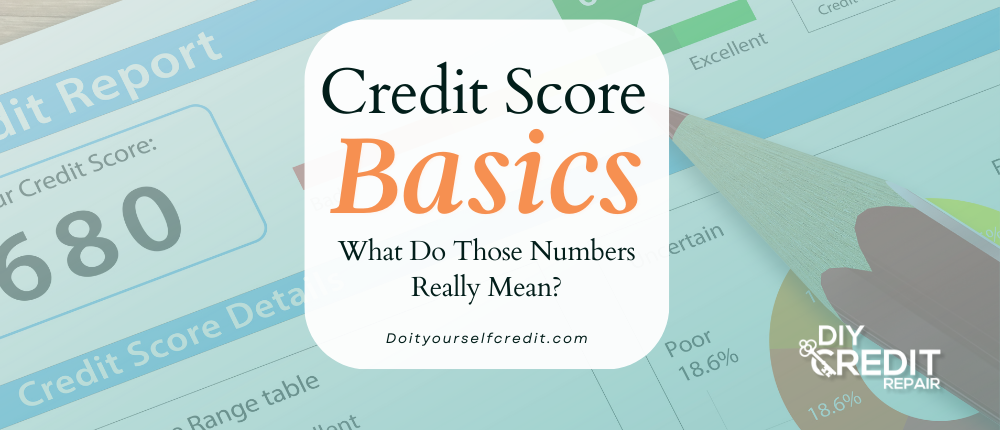
Your credit score is more than just a number – it’s a financial fingerprint that can open doors or create barriers in your life. But what exactly is a credit score, and why does it matter so much?
Understanding Credit Scores
A credit score is a three-digit number typically ranging from 300 to 850 that represents your creditworthiness. Think of it as a financial report card that lenders, insurers, and even potential employers use to assess your financial reliability.
Key Factors That Determine Your Credit Score
Payment History (35% of your score)
- The most critical factor
- Includes on-time payments, late payments, and missed payments
- Even one late payment can negatively impact your score
Credit Utilization (30% of your score)
- The amount of credit you’re using compared to your total available credit
- Experts recommend keeping utilization below 30%
- Lower utilization shows responsible credit management
Length of Credit History (15% of your score)
- How long you’ve had credit accounts
- Longer credit history typically means a higher score
- Keeps older credit accounts open when possible
Credit Mix (10% of your score)
- Types of credit you have (credit cards, mortgages, auto loans)
- A diverse credit mix can positively impact your score
New Credit Inquiries (10% of your score)
- Too many hard inquiries can lower your score
- Number of recent credit applications
Why Your Credit Score Matters
Loans and Interest Rates
- Higher scores mean better loan terms
- Lower interest rates can save thousands of dollars
Insurance Premiums
- Many insurers use credit scores to determine rates
- Better score can mean lower insurance costs
Employment Opportunities
- Some employers check credit as part of background screening
- Shows financial responsibility and reliability
Improving Your Credit Score
- Pay bills on time
- Reduce credit card balances
- Avoid opening too many new credit accounts
- Regularly check your credit report for errors
DIY Credit Repair Tip: You’re entitled to one free credit report annually from each major credit bureau. Use this to track and improve your financial health.
CONCLUSION
Your credit score is a powerful financial tool. By understanding how it works and taking proactive steps, you can improve your financial opportunities and secure a stronger financial future.
Ready to take control of your credit? Our DIY Credit Repair resources can help you navigate and improve your credit score step by step.